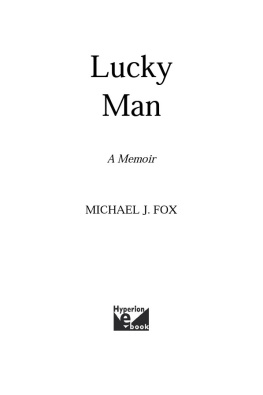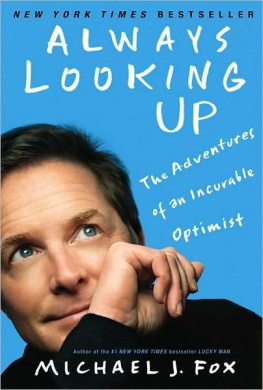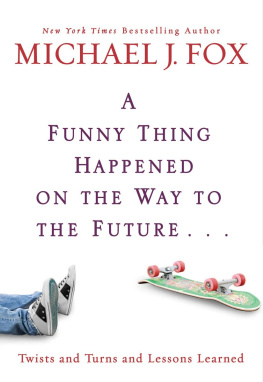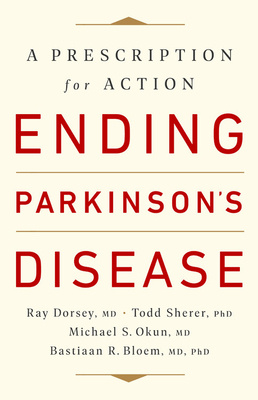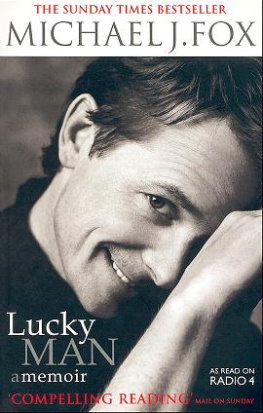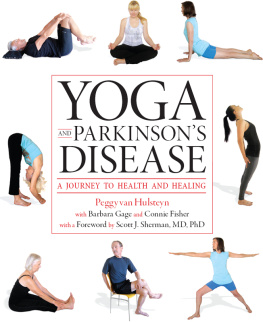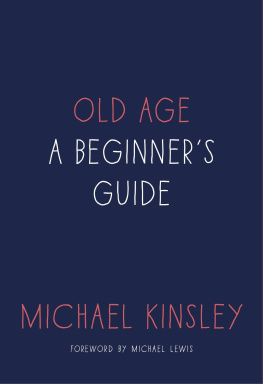Chapter One
A Wake-up Call

Gainesville, FloridaNovember 1990
I woke up to find the message in my left hand. It had me trembling. It wasn't a fax, telegram, memo, or the usual sort of missive bringing disturbing news. In fact, my hand held nothing at all. The trembling was the message.
I was feeling a little disoriented. I'd only been shooting the movie in Florida for a week or so, and the massive, pink-lacquered, four-poster bed surrounded by the pastel hues of the University Center Hotel's Presidential Suite still came as a bit of a shock each morning. Oh yeah: and I had a ferocious hangover. That was less shocking.
It was a Tuesday morning, so while I couldn't recall the exact details of the previous night's debauchery, it was a pretty safe bet that it had something to do with Monday Night Football. In those first few seconds of consciousness, I didn't know what time it was, but I could be fairly certain that I hadn't overslept. If I was needed on set, there would have been a phone call from my assistant, Brigette. If I had to leave the hotel at 10:00 A.M. , let's say, she would have called at 9:30, again at 9:40, then finally at 9:50 she would have taken the elevator from her floor up to mine, let herself into my room, propelled me to the shower, and slipped into the kitchen to brew a pot of coffee. None of that having transpired, I knew I had at least a few minutes.
Even with the lights off, blinds down, and drapes pulled, an offensive amount of light still filtered into the room. Eyes clenched shut, I placed the palm of my left hand across the bridge of my nose in a weak attempt to block the glare. A moth's wingor so I thoughtfluttered against my right cheek. I opened my eyes, keeping my hand suspended an inch or two in front of my face so I could finger-flick the little beastie across the room. That's when I noticed my pinkie. It was trembling, twitching, auto-animated. How long this had been going on I wasn't exactly sure. But now that I noticed it, I was surprised to discover that I couldn't stop it.
Weirdmaybe I slept on it funny. Five or six times in rapid succession I pumped my left hand into a fist, followed by a vigorous shaking out. Interlocking the fingers of each hand steeple-style with their opposite number, I lifted them up and over behind my head and pinned them to the pillow.
Tap. Tap. Tap. Like a moisture-free Chinese water torture, I could feel a gentle drumming at the back of my skull. If it was trying to get my attention, it had succeeded. I withdrew my left hand from behind my head and held it in front of my face, steadily, with fingers splayedlike the bespectacled X-ray glasses geek in the old comic book ad. I didn't have to see the underlying skeletal structure; the information I was looking for was right there in the flesh: a thumb, three stock-still fingers, and out there on the lunatic fringe, a spastic pinkie.
It occurred to me that this might have something to do with my hangover, or more precisely, with alcohol. I'd put away a lot of beers in my time, but had never woken up with the shakes; maybe this was what they called delirium tremens? I was pretty sure they would manifest themselves in a more impressive wayI mean, who gets the d.t.'s in one finger? Whatever this was, it wasn't alcoholic deterioration.
Now I did a little experimentation. I found that if I grabbed my finger with my right hand, it would stop moving. Released, it would keep still for four or five seconds, and then, like a cheap wind-up toy, it would whir back to life again. Hmmm. What had begun as curiosity was now blossoming into full-fledged worry. The trembling had been going on for a few minutes with no sign of quitting and my brain, fuzzy as it was, scrambled to come up with an explanation. Had I hit my head, injured myself in some way? The tape of the previous night's events was grainy at best. There were a lot of blank spots on it, but there were a couple of possibilities too.
Woody Harrelson was in Gainesville with me on this film, and he had been in the bar the night beforemaybe we'd had one of our legendary drunken slap fights. Woody and I were (and remain) close friends, but for some reason after an indeterminable amount of alcohol consumption, we'd find some excuse to start kicking over chairs and stage elaborate mock brawls. No harm was intended, and the majority of punches were pulled, but Woody is a foot taller and fifty pounds heavier than me, which meant that whenever the game got out of hand, I was always the one that took the most serious ass-kicking. So maybe I'd caught a Harrelson haymaker to the side of the head.
But I couldn't recall any such melee. I did recall, however, a moment at the end of the night, when my bodyguard, Dennis, had had to prop me up against the door frame while he fumbled the key into the door of my suite. By the time he'd turned the knob, my weight had shifted onto the door itself; as he flung it open I'd careened into the room, barreling headfirst into the foyer table. But I didn't feel any bumps, so that couldn't have been it. Any pain in my head was from boozing, not bruising.
IRRECONCILABLE DIFFERENCES
Throughout the course of the morning, the twitching would intensify, as would my search for a causenot just for the rest of that day, but for months to follow. The true answer was elusive, and in fact wouldn't reveal itself for another full year. The trembling was indeed the message, and this is what it was telling me:
That morningNovember 13, 1990my brain was serving notice: it had initiated a divorce from my mind. Efforts to contest or reconcile would be futile; eighty percent of the process, I would later learn, was already complete. No grounds were given, and the petition was irrevocable. Further, my brain was demanding, and incrementally seizing, custody of my body, beginning with the baby: the outermost finger of my left hand.
Ten years later, knowing what I do now, this mind-body divorce strikes me as a serviceable metaphorthough at the time it was a concept well beyond my grasp. I had no idea there were even problems in the relationshipjust assumed things were pretty good between the old gray matter and me. This was a false assumption. Unbeknownst to me, things had been deteriorating long before the morning of the pinkie rebellion. But by declaring its dysfunction in such an arresting fashion, my brain now had my mind's full attention.
It would be a year of questions and false answers that would satisfy me for a time, fueling my denial and forestalling the sort of determined investigation that would ultimately provide the answer. That answer came from a doctor who would inform me that I had a progressive, degenerative, and incurable neurological disorder; one that I may have been living with for as long as a decade before suspecting there might be anything wrong. This doctor would also tell me that I could probably continue acting for another ten good years, and he would be right about that, almost to the day. What he did not tell mewhat no one couldis that these last ten years of coming to terms with my disease would turn out to be the best ten years of my lifenot in spite of my illness, but because of it.
I have referred to it in interviews as a

